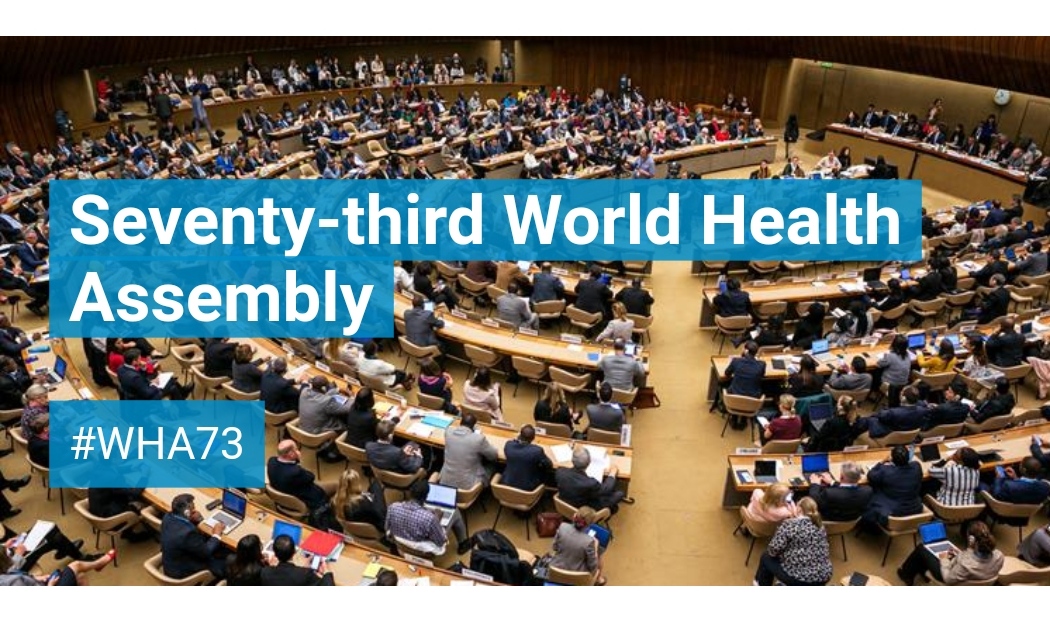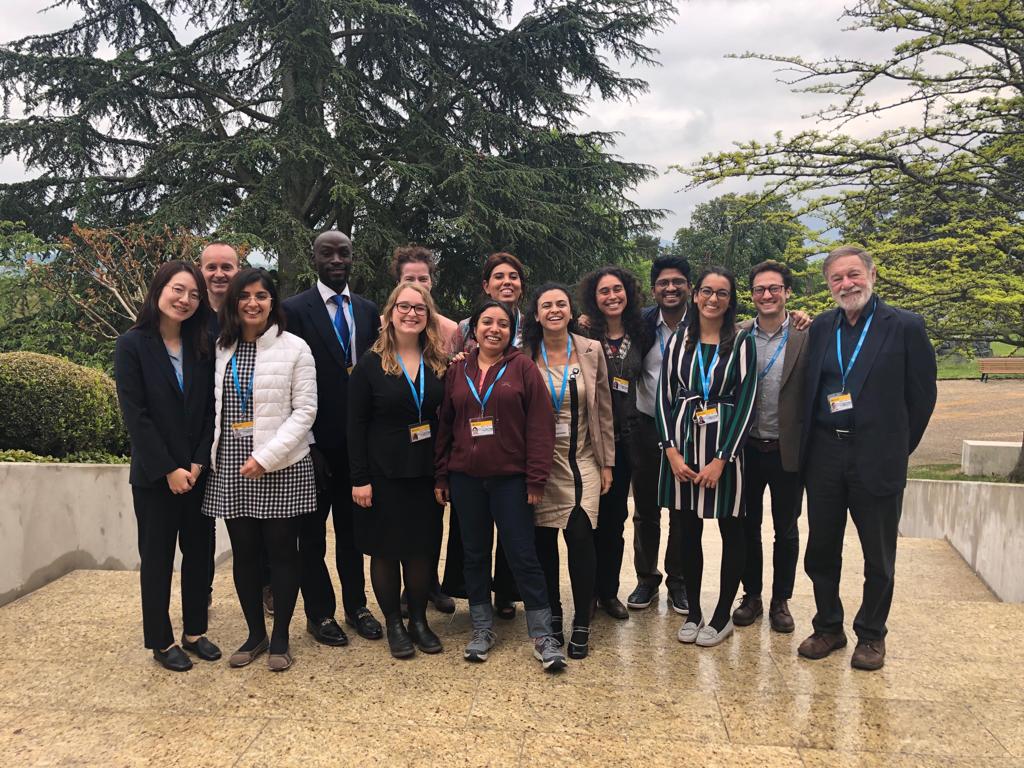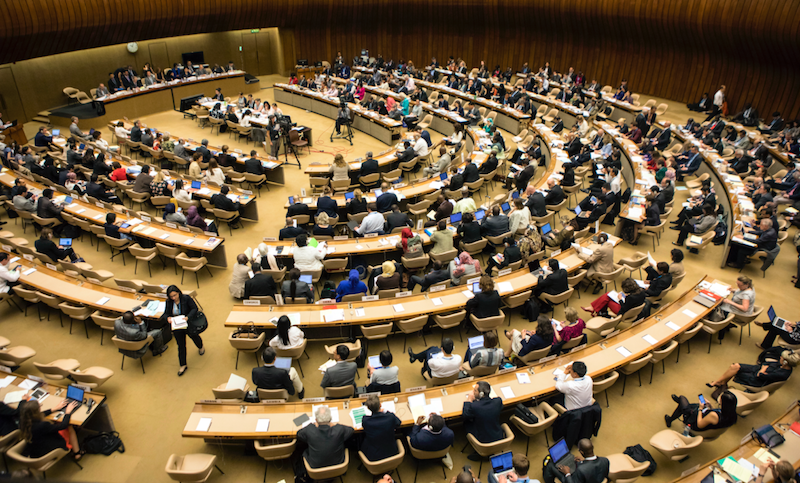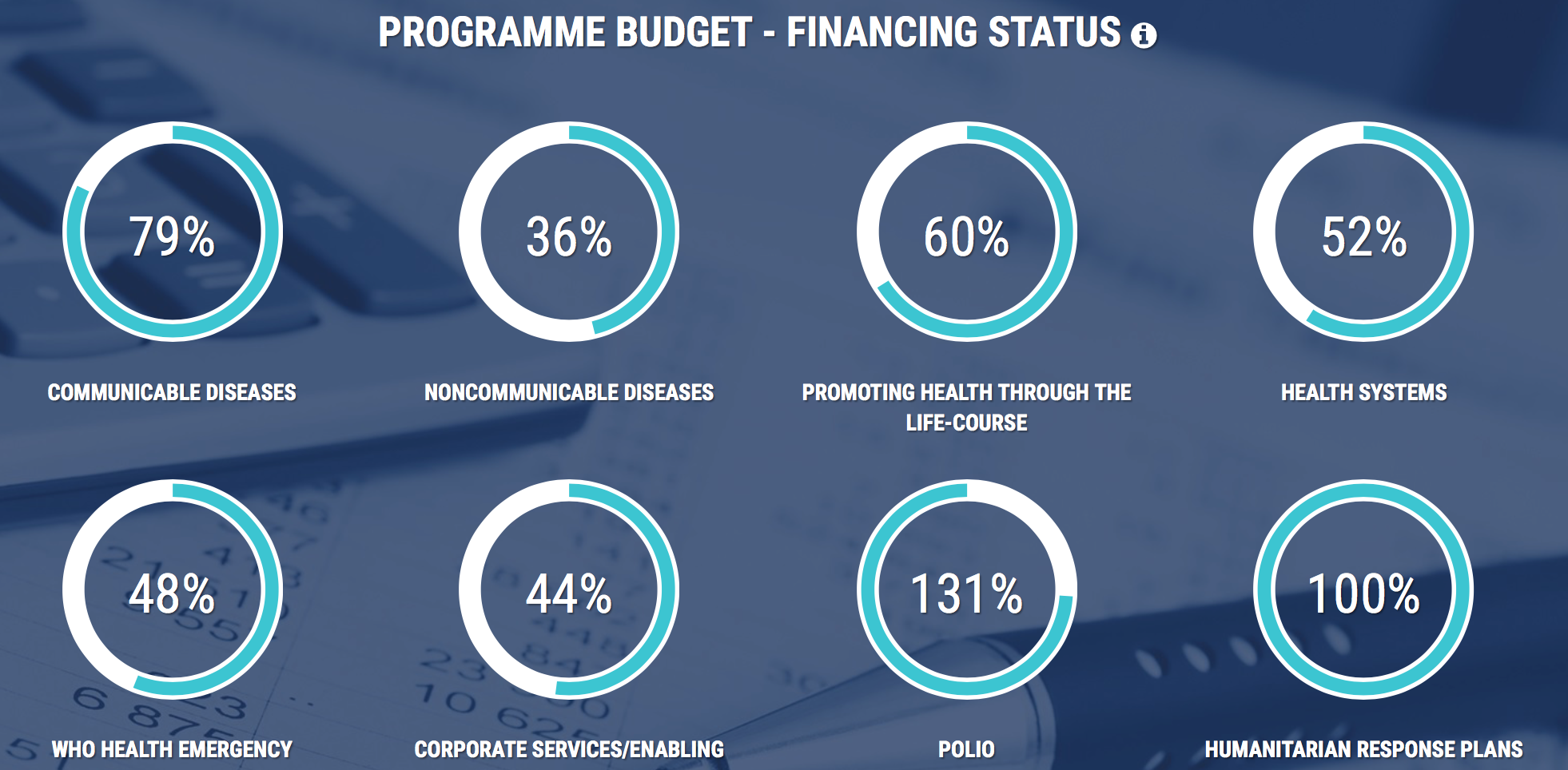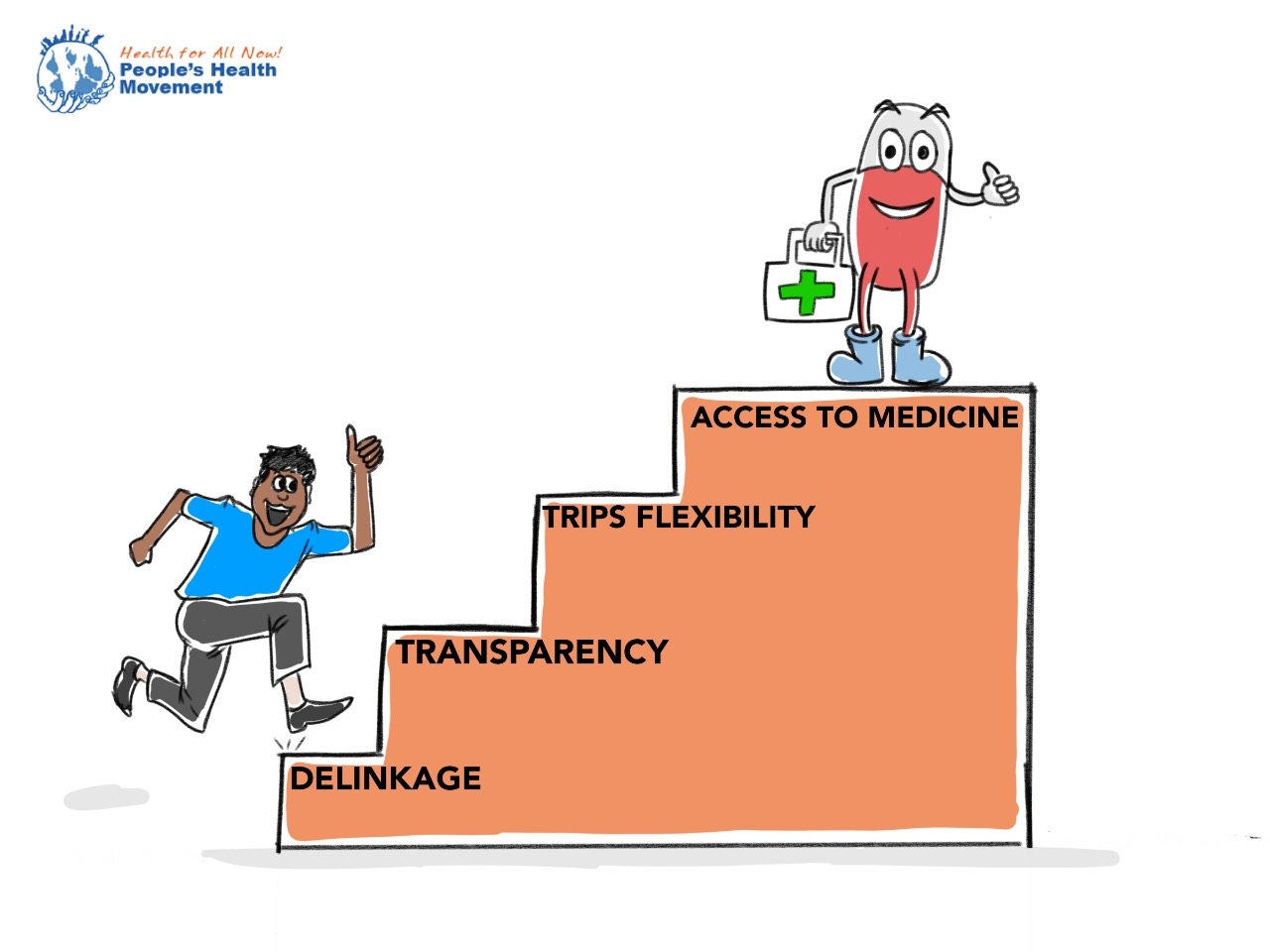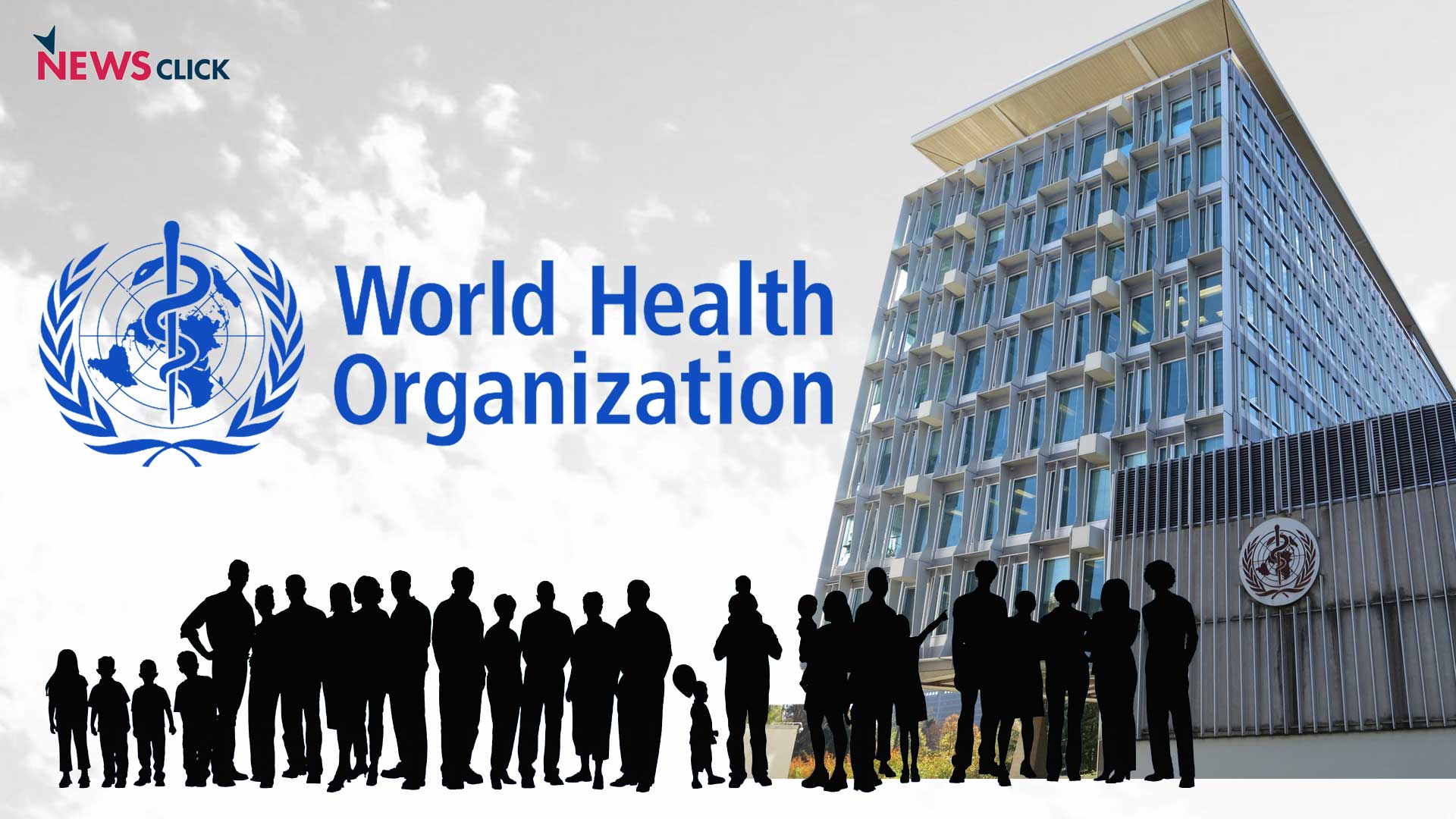WHA73 (Nov) Watch: Policy Briefs, Statements and Agenda
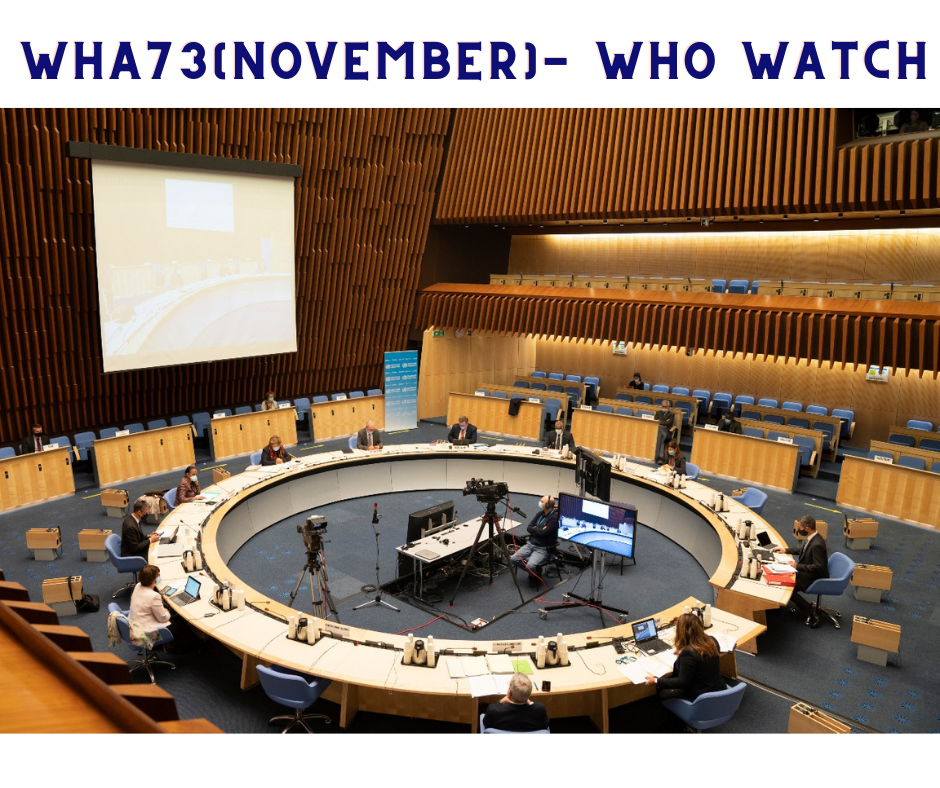
The People’s Health Movement’s WHO Watch team will follow the World Health Assembly 73 (resumed session) held from 9-14 November. The Watching team consisted of Alane Ribeiro (Brazil), Aletha Wallace 9belgium), Ana Vracar (Crotia), Gargeya Telakapalli (India), Kriti Shukla (India), Lauren Paremoer (South Africa), Matheus Zuliane Falcao (Brazil), Muneer Mammi kutty (India), Osama Ummer (India), Rhiannon Osborne (UK), Sarai Keestra (Netherlands), Susana Barria (India)
PHM, in collaboration with Medicus Mundi International, deliver statements at the meeting.


